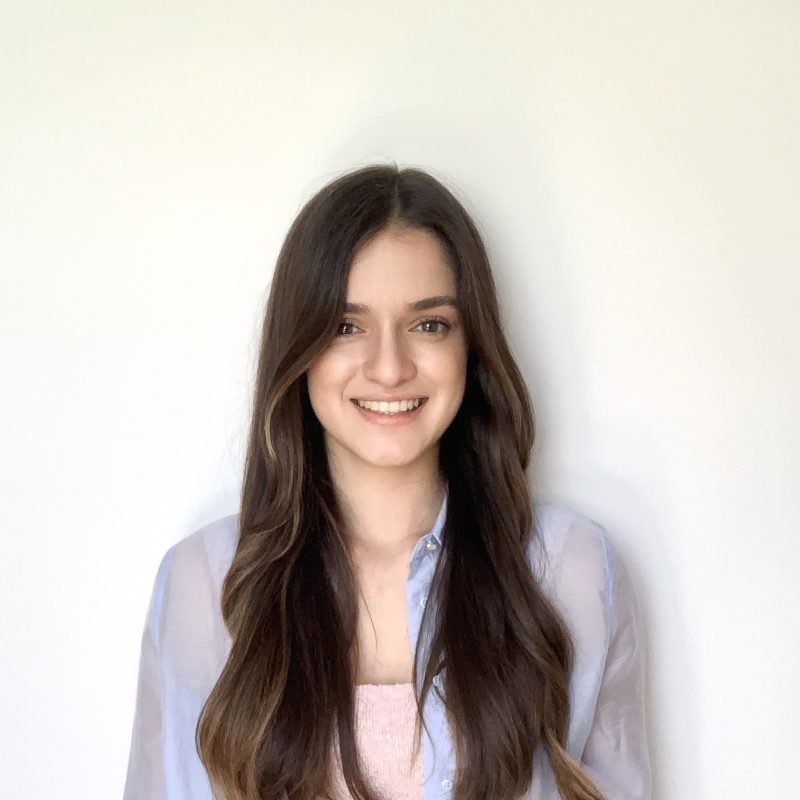
Why did you decide to study architectural engineering at Politecnico di Milano after your bachelor degree?
Coming from a civil and environmental engineering background, I then decided to study architectural engineering because it is a course of study that does not only focus on classic building engineering path, but that has a particular focus on the architectural process at 360 degrees. Furthermore, I was very attracted by the presence of the many laboratories since the first year and the presence of many international students.
What are the main opportunities that this Master Program offered to your personal and professional growth? How were they useful to your career development?
I think that PoliMi always pushes towards internationalization: this allowed me to spend a period abroad, which was one of the most beautiful opportunities I have had in my student career. Furthermore, the presence of mainly foreign students has certainly broadened my way of seeing other cultures, enriching my person.
Furthermore, PoliMi makes the difference, because it gives you the right skills and the real level of difficulty that you would find in the working world. It is like a teaching mother always close to you, starting from the career service that helps you enter the work life up to the professors who are a bit like mentors available for future advice on the sector.
What challenges did you encounter while studying in a foreign country? What are the main differences of studying in your home country and studying at Politecnico di Milano?
Personally I didn’t leave my country, being Sicilian, I simply went far away. I certainly found positive differences in terms of organization and international opportunities. Surely, a big difference has been staying in contact with great personalities thanks to events and opportunities organized every year by PoliMi. Furthermore, having prominent and excellent personalities in the architecture and engineering sector as everyday professors, who today hold extremely important and internationally roles, certainly makes the difference, both in terms of teaching and motivation, ambition and future goals.